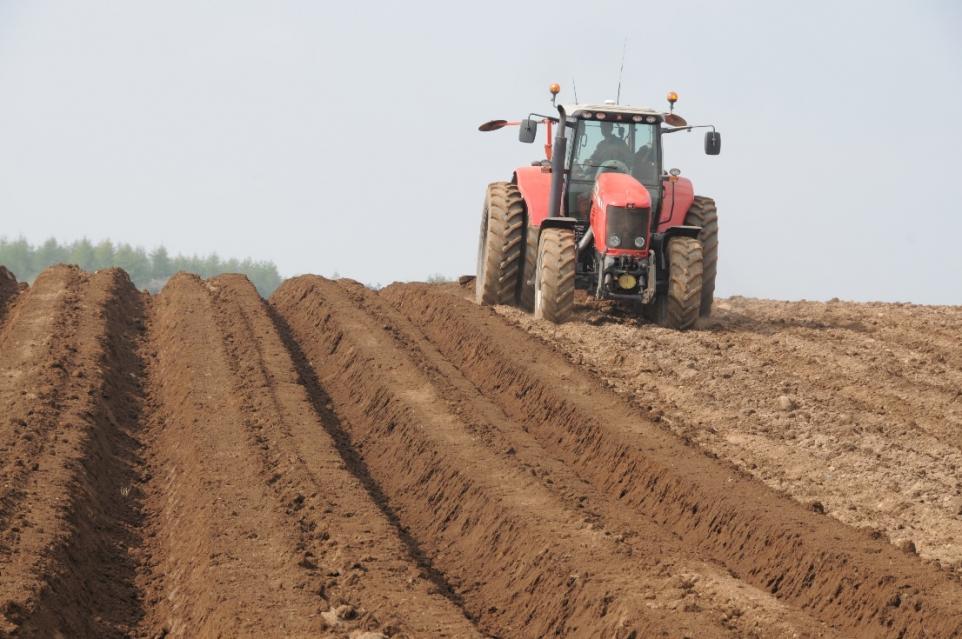A recent report by the British Ecological Society gathers insights from over 40 experts, including academics, practitioners and farmers across the UK, to evaluate the impact of regenerative agriculture.
The findings suggest that these approaches can deliver positive outcomes such as enhanced soil health, greater biodiversity, and reduced environmental harm.
Soil ecologist at the James Hutton Institute (JHI) and lead author of the report, Dr Roy Neilson, explains: “There are five principles of regenerative agriculture but there’s no one principle that delivers clear change on its own.
“To achieve meaningful change requires a good understanding of the context of the individual farming system. When possible, multiple principles ideally need to be adopted.”
The key principles – minimising soil disturbance, keeping soil covered, increasing farm diversity, integrating livestock and prioritising nature-based methods over synthetic inputs – vary in their effectiveness. The report highlights the strongest evidence supporting the benefits of reducing bare soil exposure.
Bare fields are a common sight across the UK in winter, but maintaining plant roots in the soil year-round – through cover cropping and similar practices – boosts soil organic matter, improves structure, enhances nutrient availability and supports biodiversity. There is also strong evidence that integrating livestock into arable rotations can help suppress weeds, pests and diseases.
However, the effectiveness of reducing soil disturbance through no-till or minimum-till methods is less clear under UK conditions, despite its prominence in regenerative farming discussions.
Overall, the report finds that regenerative practices can significantly improve soil health and biodiversity, but a holistic approach is crucial. While using just one or two techniques may not be enough on their own, the authors encourage farmers to start somewhere rather than feel overwhelmed by a full-system transition.
Crop and weed ecology researcher at the University of Greenwich’s Natural Resources Institute and another lead author, Dr Lucie Büchi, acknowledges the challenges: “Moving from one farming system to another is complex, difficult and risky. A whole systems approach is an ideal end goal, but this shouldn’t discourage farmers from picking up certain regenerative agriculture elements that they can implement on their farms. People need to start somewhere.”
New technologies and experimentation will also play a vital role. Professor of Harper Adams University and another lead author, Nicola Randall, points out: “Science and ecologists have a big part to play in regenerative agriculture along with farmers. There’s a perception that regenerative agriculture or nature-friendly farming is going backwards, rediscovering past ways of farming. In actual fact, there’s a lot of exciting new technology and developments involved. The movement is very much forward looking.”
With 70% of Scotland’s land dedicated to agriculture, it is essential to balance food production with environmental sustainability. Regenerative agriculture, with its focus on restoring soil health, offers a promising path and is gaining increasing attention from farmers, policymakers and businesses.
The Scottish Government has expressed ambitions to position Scotland as a global leader in regenerative agriculture and supports research initiatives at institutions like the JHI and Scotland’s Rural College (SRUC).
For a successful transition, the report recommends strengthening knowledge exchange between farmers, ecologists and policymakers. This aligns with another study by the British Ecological Society and the Scottish Government, which highlights the importance of peer-to-peer learning in supporting farmers. PhD candidate at the University of Edinburgh and author of the report, James Robinson, emphasises: “The transition to regenerative agriculture is highly knowledge intensive. Knowledge exchange involving trusted sources – ideally other farmers sharing experiences – is key to a farm’s successful transition.”
Source - https://www.thescottishfarmer.co.uk













